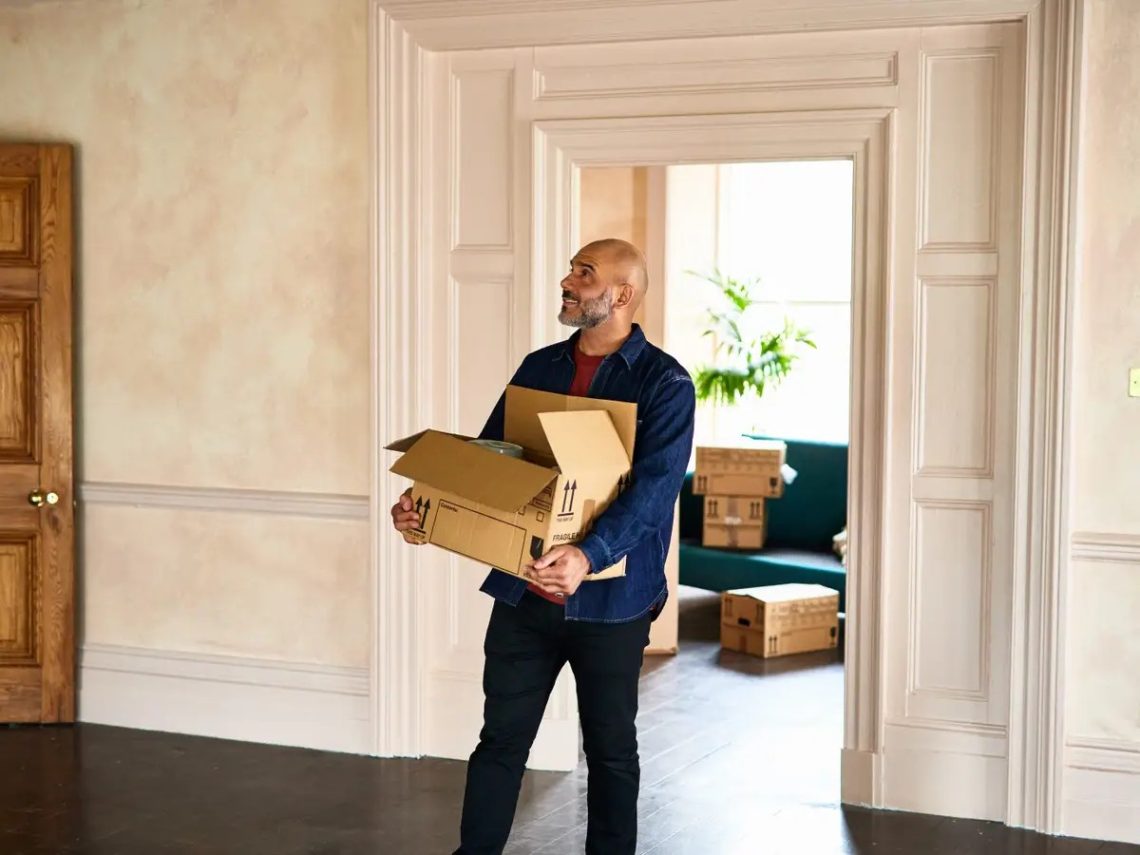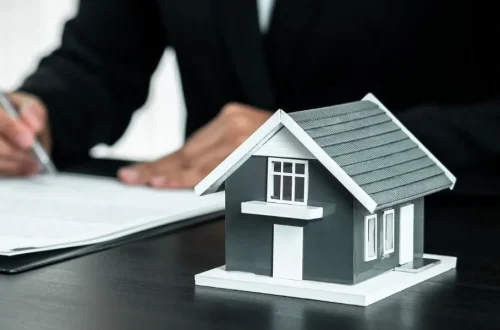Homeowners can find that their usual home insurance policy doesn’t cover an empty property they own. Most standard home insurance policies typically stop covering an insured property after 30 days of being vacant.
This is where unoccupied home insurance can take effect. This is a special form of cover available to homes and apartments which can sit vacant for a short period. This can include situations like between tenancies, due to work commitments, probate property, and building work taking place.
This is what unoccupied home insurance typically covers and what it doesn’t.
What It Usually Covers
- Fire and Smoke Damage
If a fire begins on this property, this type of insurance will cover the costs to repair damaged parts on the property. - Theft and Break-Ins
Homes that are empty can more easily be burglarized. Unoccupied cover will give you protection if a break-in is committed to steal items and/or damage property. - Vandalism
But if you have someone deliberately break your property—such as smashing windows and spray-painting walls—they will cover that, too. - Flood and Storm Damage
If there is any damage to the roof, walls, and floors due to bad weather, there are many “unoccupied policies” that can aid in paying off the repair charges. - Legal Liability
This is because if you are liable for injuries occurring on your property, such as to a tradesperson or a guest, legal liability insurance protection can cover these expenses. - Water Leaks (Depending on Policy)
Some policies will cover any damage resulting from leaking pipes and/or broken water systems, although this is dependent on how frequently the property is inspected.
What It Usually Doesn’t Cover
- Wear and Tear
“General aging of a home, such as mold, peeling paint, or broken fixtures due to age,” is typically not included. - Damage after a Set Timeframe
If there is supposed to be checking on your policy every 7 to 14 days and this is not occurring, you may not be insured against losses such as theft and leaks. - Renovation or Building Works
Perhaps there is big building work taking place, and this is leaving your home unoccupied. You could need extra cover or a specialist policy to cover this. Not all standard unoccupied policies cover this. - Lack of Security
If you do not lock doors and windows, and there is no simple security measure such as locks and alarm systems, your claim could possibly be rejected. - Contents Cover
Some policies don’t have contents covered automatically. This can affect you if you have valuable items within your property.
When You Might Need Unoccupied Home Insurance
You may need this type of cover if:
- You are selling a home, and it is vacant.
- You are between tenants on a rental property
- You are traveling abroad for several weeks to several months
- The property is being probated, or it could be inherited
- The property is being renovated and no one is occupying it
Things to Check Before You Buy
- How frequently you need to visit the property. Weekly, biweekly, and other frequencies can sometimes be required by insurers.
- Does this include building and contents cover, or just building cover?
- Are there any restrictions on coverage for theft/vandalism?
- Can you provide extra cover if required? For example, if you are working or storing something inside.
Empty property insurance is available to cover homes which have been unoccupied for periods that are not allowed within a standard homeowners policy. The cover could include such things as fire, theft, vandalism, and adverse weather conditions, but only if policy conditions are met.
Since you will not occupy your home for more than 30 days, avoid being underinsured. Talk to your reputable insurance company to ensure you are protected.




